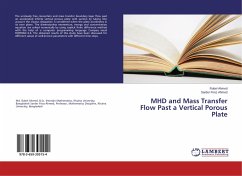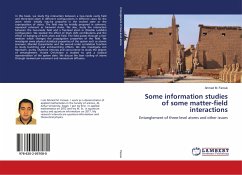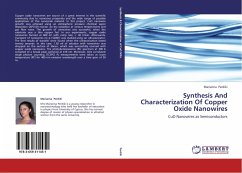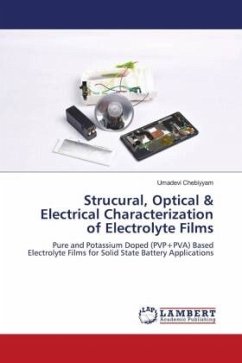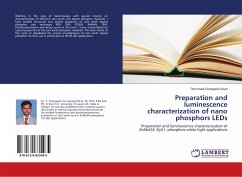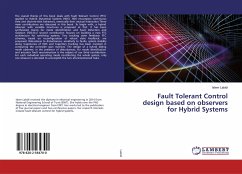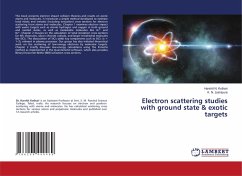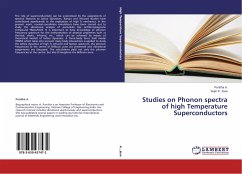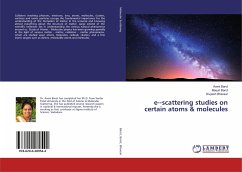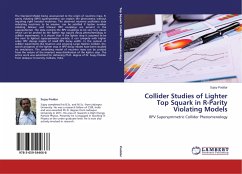
Design and Characterization Studies of Resistive Plate Chambers
Versandkostenfrei!
Versandfertig in 6-10 Tagen
46,99 €
inkl. MwSt.

PAYBACK Punkte
23 °P sammeln!
Resistive Plate Chambers (RPCs) are fast, planar, rugged and low-cost gas detectors which are being, and will be, used extensively in a number of high energy and astroparticle physics experiments. They find applications for charged particle detection, time of flight, tracking and digital calorimetry due to their large signal amplitudes as well as excellent position and time resolutions. RPCs are also being increasingly used in the medical imaging, homeland security and material tomography areas as well. A dedicated R&D programme was initiated to design, develop and characterise large area RPCs...
Resistive Plate Chambers (RPCs) are fast, planar, rugged and low-cost gas detectors which are being, and will be, used extensively in a number of high energy and astroparticle physics experiments. They find applications for charged particle detection, time of flight, tracking and digital calorimetry due to their large signal amplitudes as well as excellent position and time resolutions. RPCs are also being increasingly used in the medical imaging, homeland security and material tomography areas as well. A dedicated R&D programme was initiated to design, develop and characterise large area RPCs, ultimately leading to their large scale and low-cost production required for the 50 kton magnetised Iron Calorimeter detector, which was proposed to be built by the India-based Neutrino Observatory (INO). In essence, this thesis outlines the successful completion of designing, building and characterising very large size RPCs, for the first time in India. This book will serve as an excellent resource to the students and researchers alike, who plan to design, build and characterise these versatile modern gas detectors from scratch.



